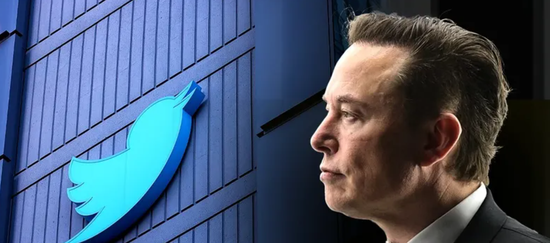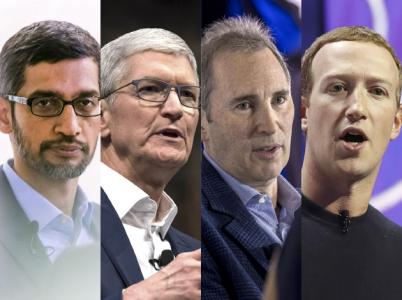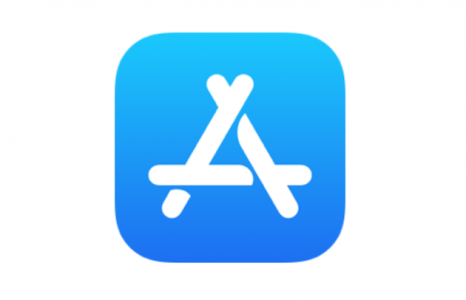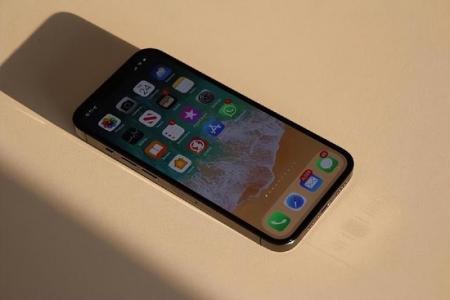your current location is:Home > investHomeinvest
The US antitrust bill is on the verge of failure, and tech giants spend nearly $100 million to thwart or succeed?
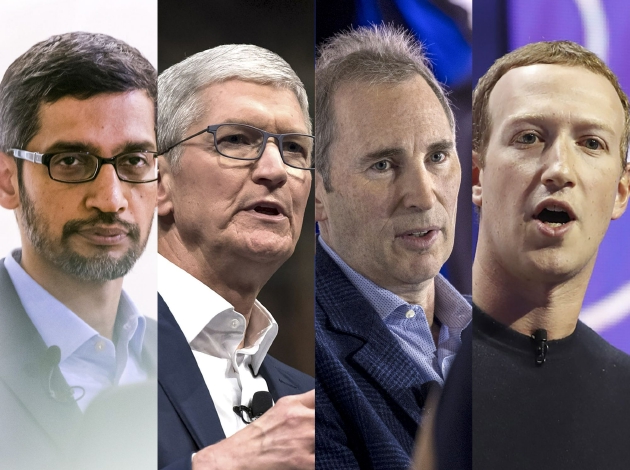
as the US mid-term elections approach, the US Congress to curb large Internet companies and promote measures to curb large Internet companies may face failure as the time window gradually closes.
Since 2021, Alphabet's Google, Apple, Amazon and Meta Platforms and their industry groups have spent nearly $95 million lobbying to block the American Innovation and Choice Online Act. The bill is an unprecedented step forward in U.S. legislative history in addressing the market dominance of the world's most well-funded companies.
After nearly two years of fighting, the bill has now reached a crucial point: The Senate will end its recess this week for a final push ahead of November's midterm elections. The bill's backers claim they have the necessary support, but it's unclear exactly how, and the Senate is now busy with other spending legislation that must pass.
The perceived slowdown in the bill stems from conversations with more than two dozen supporters and critics, including policy experts, lobbyists, congressional aides and advocates. A U.S. congressional staffer even called it a "moment of life and death."
"If supporters of the bill get enough votes, it's no longer a bill, it's a law," said Matt Schruers, president of the Computer and Communications Industry Association, which represents big tech companies Interests.
The failure of the legislation would deal a heavy blow to politicians, activists and regulators who claim that Silicon Valley exerts too much control over people's lives. The big winners will be tech companies, who have long claimed the legislation would weaken privacy, threaten national security, and reduce the quality of products users love.
But proponents argue that even if the bill falls short, the attention it raises could help with some antitrust measures that would have more impact than any previous legislation. Sarah Miller, director of the American Economic Liberties Project, an antitrust nonprofit, said she supported the measure and hoped it would pass, but acknowledged that it would be difficult to do overnight.
"Now is a good time to move forward with the bill," Miller said. "But will the bill to deal with Big Tech's monopoly end there? No."
While reforming antitrust policy to suppress tech giants has gained bipartisan support in this Congress, Republicans, who hold a majority in next year's House of Representatives, are likely to focus on issues related to the suppression of conservative views by internet platforms.
Because of this, tech lobbyists have struggled to stall for time. House speaker Kevin McCarthy, a California Republican, has publicly opposed the antitrust plan. Similar Republican leaders are not in the minority.
Supporters of the legislation are also aware of the shrinking time window. Antitrust advocates had hoped for a vote before Congress recessed for four weeks in August. But Majority Leader Chuck Schumer said in July that the measure did not have enough votes to pass.
As co-sponsors of the bill, Minnesota Democrat Amy Klobuchar and Iowa Republican Chuck Grassley believe Schumer will convene the Senate. Vote to start the final test of the bill.
"Once the vote is launched, we believe it will pass," Klobuchar said.
The measure, which has 13 co-sponsors in the Senate, needs 60 votes in the Senate to pass before it goes to the House of Representatives. Luther Lowe, Yelp's head of public policy, a longtime critic of Google, said that if it goes to a formal ballot, enough swing lawmakers will support the measure.
A spokesman for Schumer said he was working with the bill's sponsors to find supporters and that he still planned to move forward with the vote.
The motion was previously supported by the Judiciary Committees of the Senate and House of Representatives, and the bipartisan views were more consistent. Several amendments to the bill also address privacy and security concerns. Yelp's Lowe said the issues that didn't kill the bill "made it stronger."
The bill aims to limit tech companies' preference for their own products and avoid disadvantaged competitors who rely on these platforms to attract consumers. This could have implications for how Google Maps is designed, how Apple Music is presented, and how Amazon Basics is highlighted.
Klobuchar’s staff are also in talks with a number of Democratic senators who are concerned about the potential impact of the legislation on content moderation, people familiar with the matter said. Representative Brian Schatz, D-Hawaii, and Ron Wyden, D-Oregon, pledged to support the measure if tweaked accordingly.
However, the legislative process does not make it any easier. The U.S. government will begin its next fiscal year on Oct. 1, so Congress must finalize the government's budget in September. The Senate only has two weeks in October before the midterm elections.
"I don't think there will be a vote," said Michael Petricone, senior vice president of government affairs for the Consumer Technology Association, an industry group that represents Amazon, Google and Meta. the interests of the company. "As the midterm elections approach, I expect senators to return from vacation to focus on issues that voters value. Tech regulation issues are not on the list."
Previous:How many babies does Musk have?
Next:Spotify founder urges EU to speed up antitrust lawsuit against Apple
related articles
Article Comments (0)
- This article has not received comments yet, hurry up and grab the first frame~






